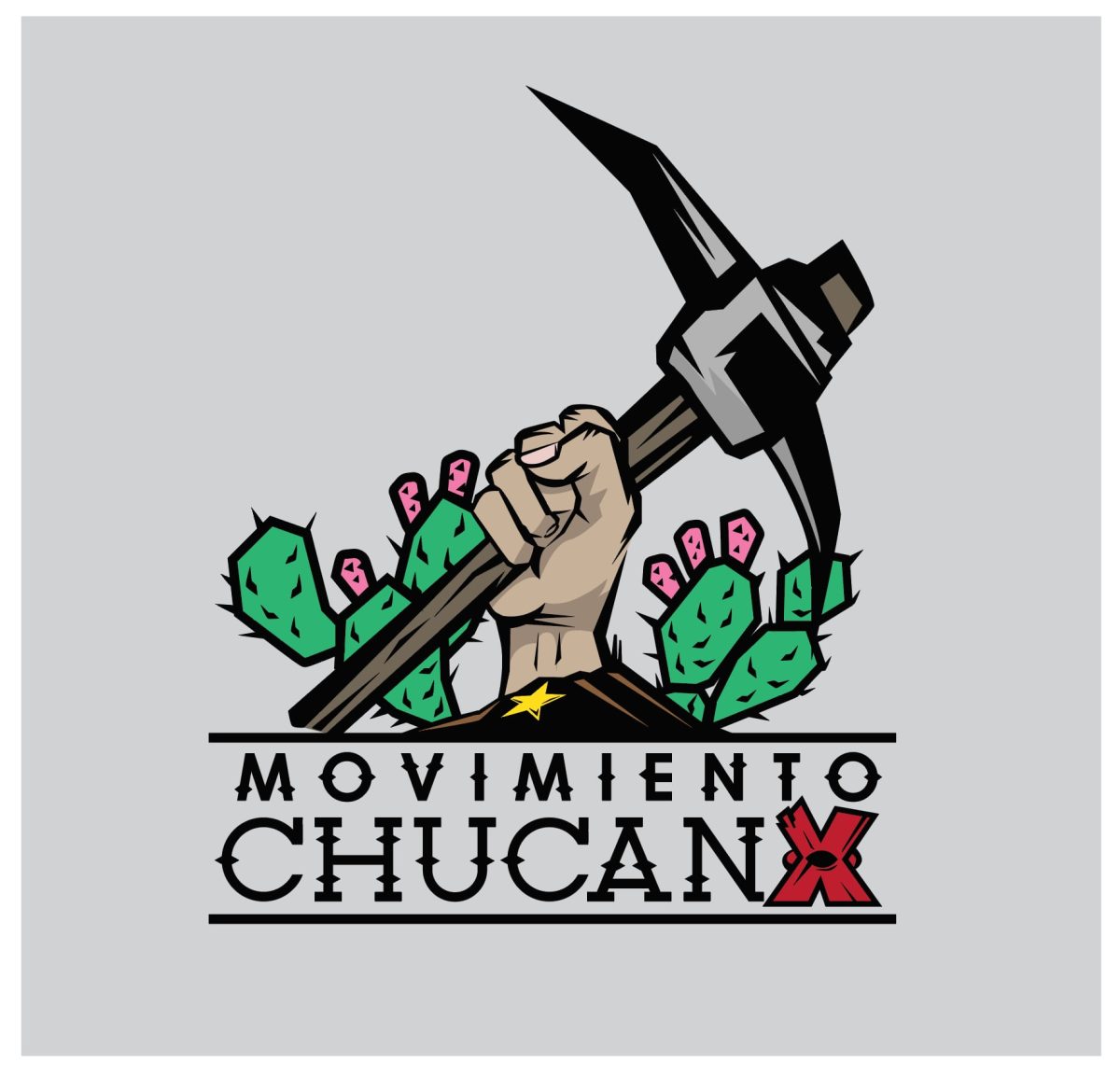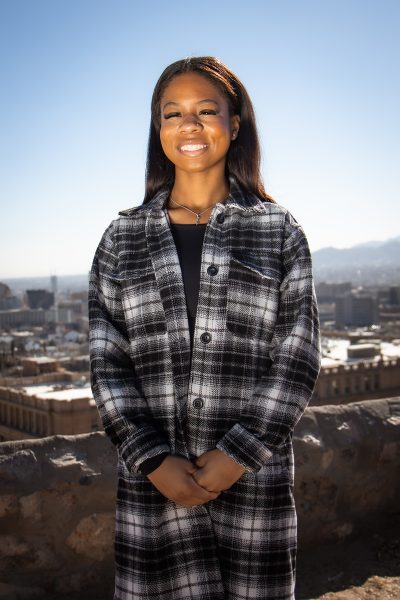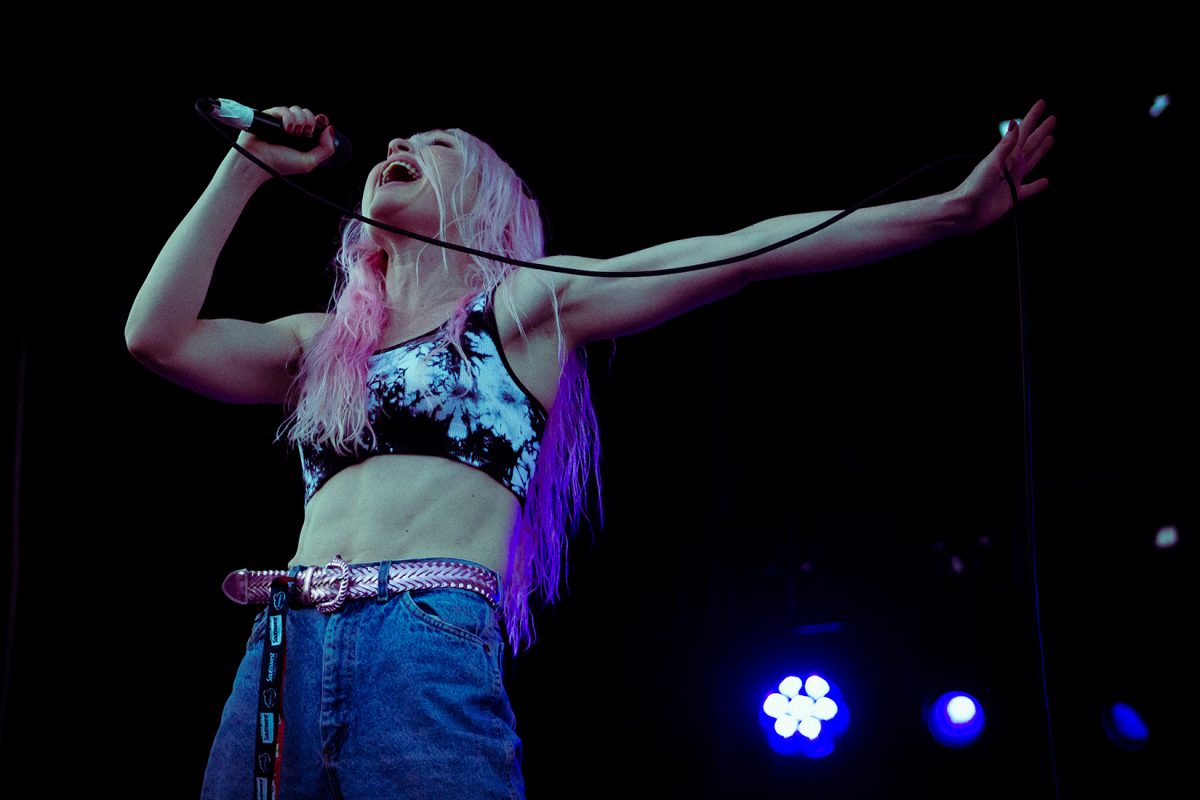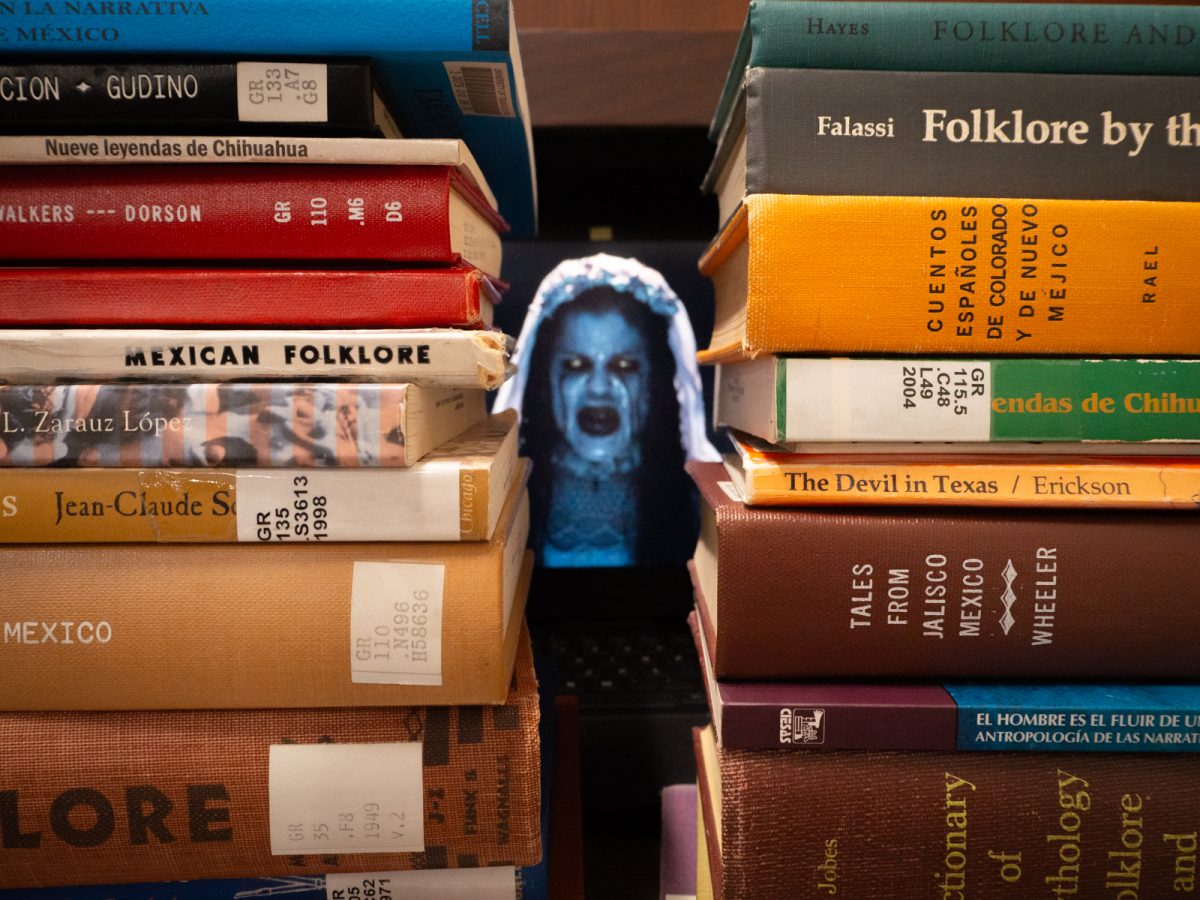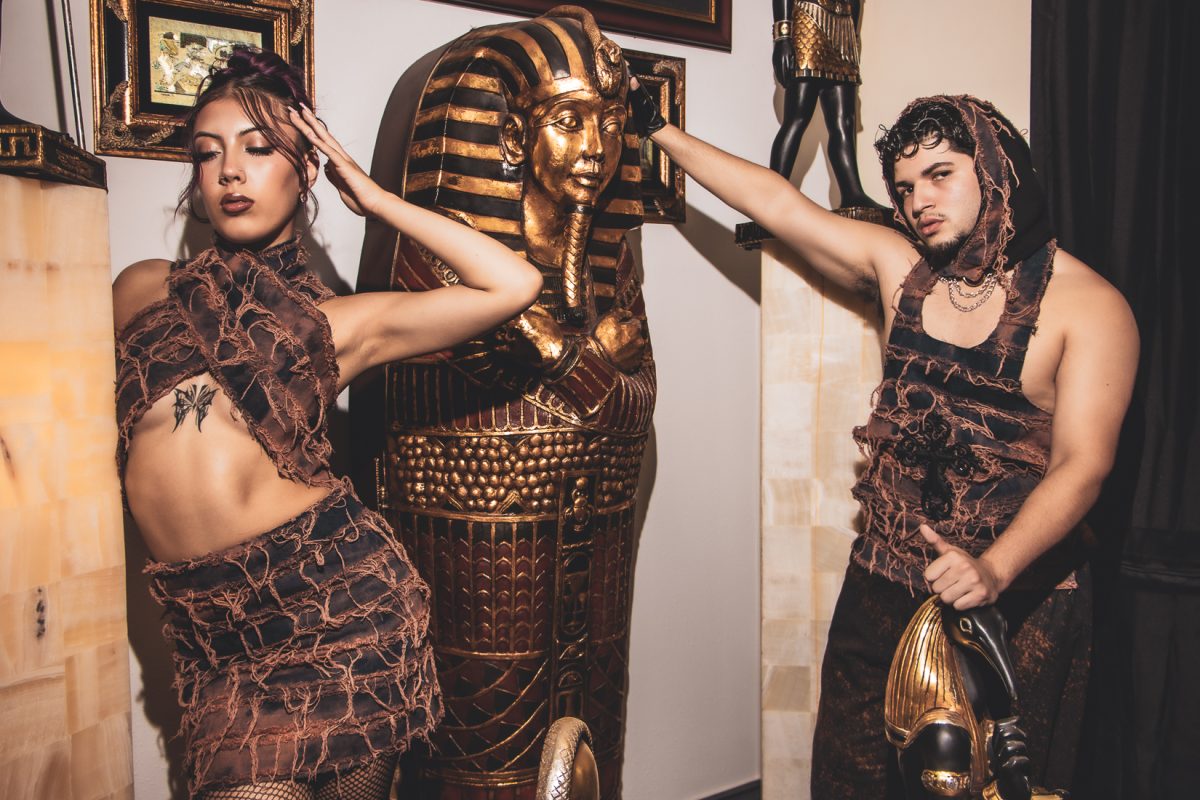El Moviemento, also known as the Chicano Movement, took place during the 1960s and 70s, as the Hispanic community “embarked on a social movement aimed at combating institutional racism, increasing cultural hegemony, and guaranteeing equal labor and political rights,” according to the National Archives.
Ruby Montana, lecturer in the Department of Chicano Studies, Languages, Linguistics, and Humanities, at the University of Texas at El Paso (UTEP), recently established the Chicano Studies club, which takes on the name “Movimiento Chucanx” – a nod to the original movement as well as El Paso’s unique culture.
“Chicano history is essentially a history of who we are, but more than just ancestry. It has to do with the ideals, the platform and the foundation of Chicanismo– its activism. It’s about fighting for equality, civil rights, human rights. It’s important, especially here on the border,” Montana said.
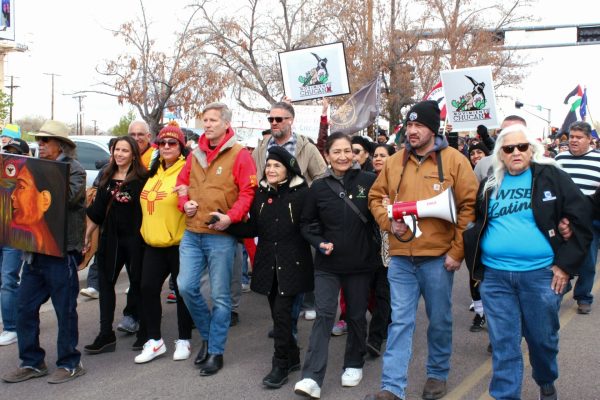
The United States’ current political climate leaves many questioning the future of civil rights for marginalized groups, especially Hispanic and Latino Americans. Activism continues to rise among Mexican Americans and other Hispanic groups, possibly foreshadowing a resurgence of the movement that inspired many Hispanic Americans in previous decades.
“Our club’s mission is to essentially espouse the values of the Chicano movement, but more importantly, put them into practice,” Montana said. “I want club members to understand that activism doesn’t have to be just protesting and signs. Protesting and activism is engagement. It’s education, and it’s empowerment.”
The Chicano culture has a history of outreach, service, and community engagement. Aside from their activism, and fighting for their community’s acceptance, Chicanos also strongly promoted farmers’ rights and land reclamation, according to a History article by Karen Juanita Carrillo.
Movimiento Chucanx aims to establish a Chicano/a centered space on and off campus, foster cultural and social awareness, empower club members and promote active community– according to their mission statement. The organization has already begun working toward this mission through various efforts, such as their informational walking tours throughout the historical neighborhood of Durangito.
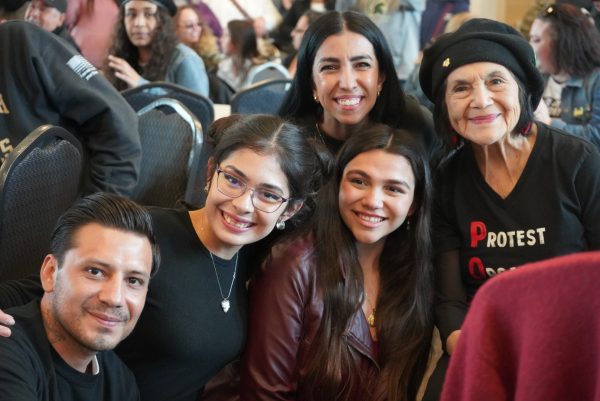
“We’re going to participate in the painting of a mural, and I want to volunteer with different immigration organizations. [We’ll volunteer] essentially wherever we are needed. We want our presence to be seen, but more importantly I want our presence to be felt,” Montana said.
Despite the organization’s name and its focus on Chicano culture, their doors are open to all. The only requirements include being a resident of Chucotown, and caring about issues like equality and equity. Montana encourages all students to use their voices, and speak up for the values they believe in.
“I want students to know that rather than feeling perhaps despair, sadness, or hopelessness over all of the horrific things that we are experiencing politically and culturally, I encourage you to do something about it,” Montana said. “One thing you could do is get involved, and this club would be perfect way to do just that.”
Students can find more information about meetings and events on the organization’s Instagram.
Leah Austin is staff reporter at The Prospector and may be reached at [email protected].


